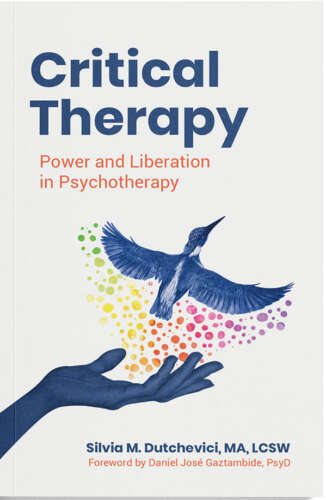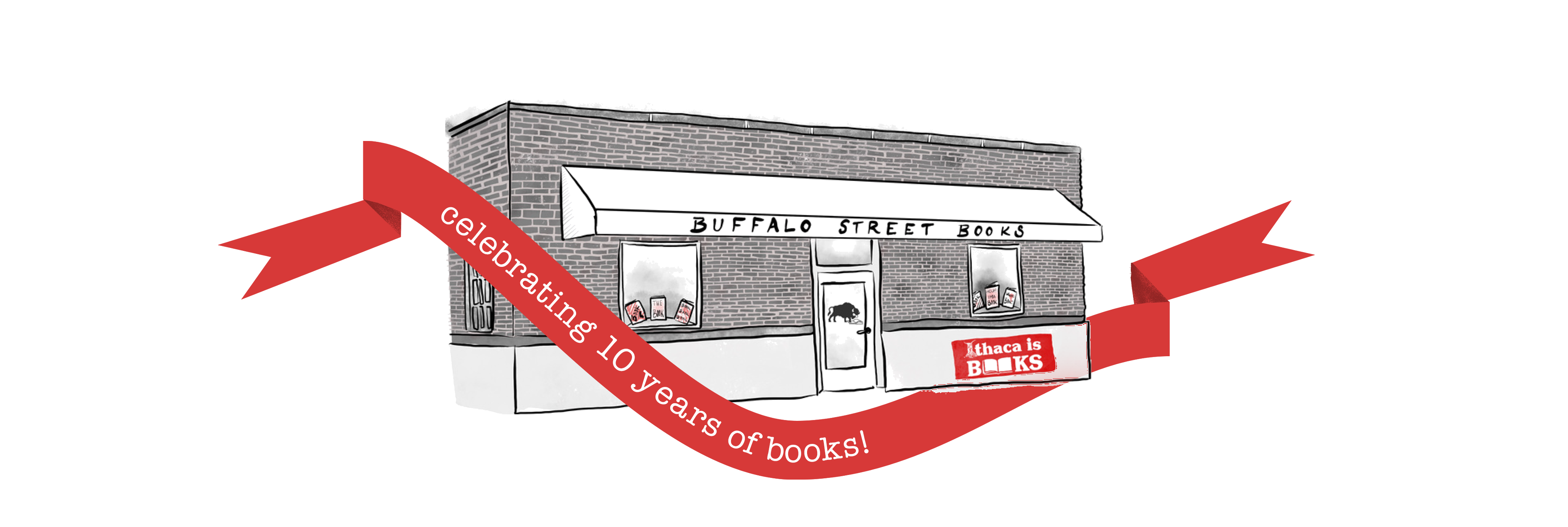Not all revolutions begin in the street. Sometimes, they start in the psychotherapy office, on the couch.
Psychotherapy needs a revolution. Historically, its goal has been to accommodate individuals to oppressive social systems. In this revealing and timely book, practicing psychotherapist, Silvia Dutchevici, provides a long-overdue social-justice model for therapy aiming toward liberation and personal agency. In Critical Therapy: Power and Liberation in Psychotherapy, patients and therapists are invited to look closely at ways power works in relationships. Drawing on liberation psychology scholarship and a decade of practice, Dutchevici examines how the therapeutic relationship itself is shaped by issues—such as money, race, class, and gender—often considered taboo.
In offering more than comfort and insight, critical therapy supports patients as they awaken their own transformative power; create collaborative relationships, workspaces, and environments; and come to see themselves as agents of change in a still unfinished democracy.
Written in simple and concise language, Critical Therapy is a must-read for anyone who has had, is thinking of having, or is practicing psychotherapy.

Silvia M. Dutchevici
Healing, mental health, and wellness cannot be achieved independent of political realities. Personal and political transformations are always intertwined.
Critical therapy makes possible different kinds of relations to others, and those relations invite others to explore their own liberation and empowerment.
The Necessity of Critical Therapy in Practice
Traditionally, psychotherapists have been trained to take an apolitical, objective approach to therapy. This approach is naïve at best and harmful at worst, as it does not provide services that adequately treat patients holistically or account for the intersectionality of their identities.
- Critical Therapists invite the political into the therapeutic discussion because we believe that the personal is political and the consulting room is a space where we can analyze how politics influences and affects mental health.
- Critical Therapy engages patients in power analysis.
- Critical Therapy sees the relationship between therapist and patient as one of partnership and collaboration.
- Critical Therapists practice a politics of equity. Our sliding-scale model also provokes meaningful conversations between therapist and patient about the otherwise taboo topic of money and can foster a critical inquiry into one’s personal relationship to wealth.







